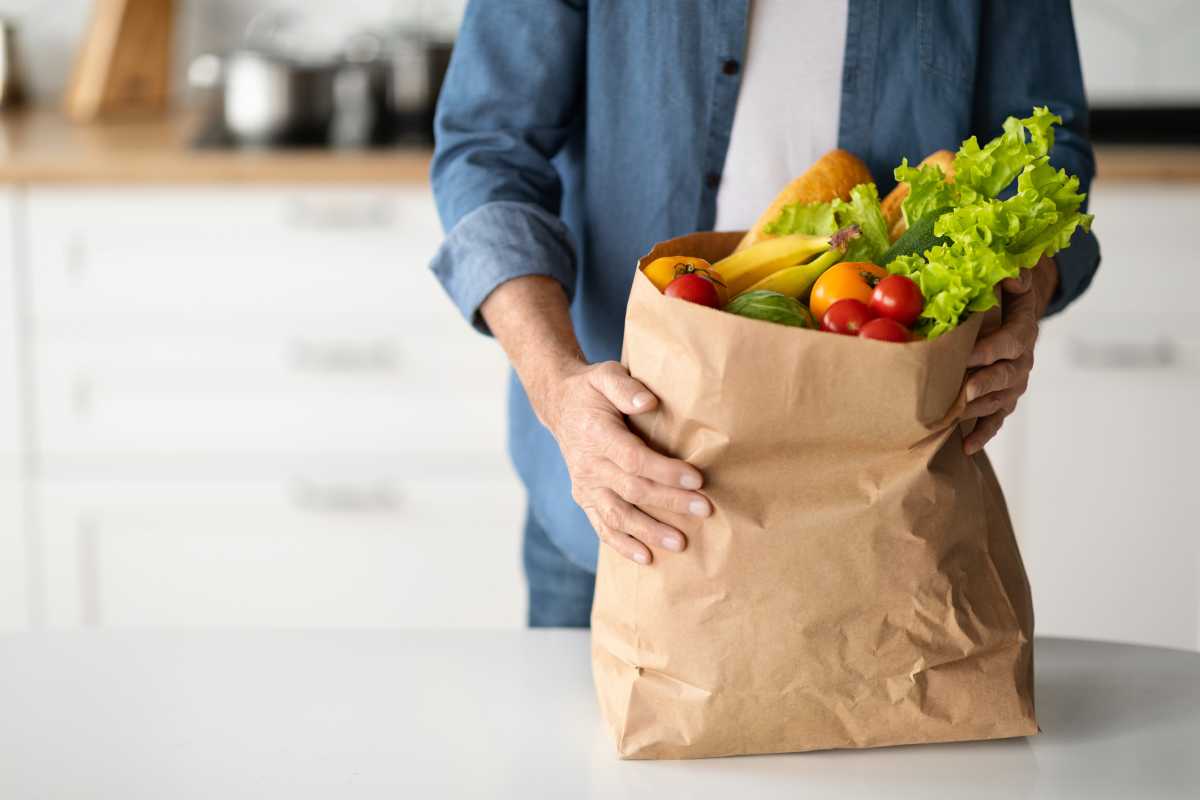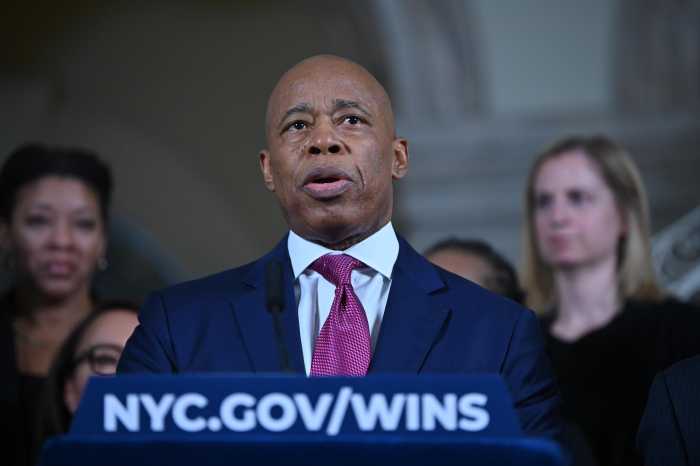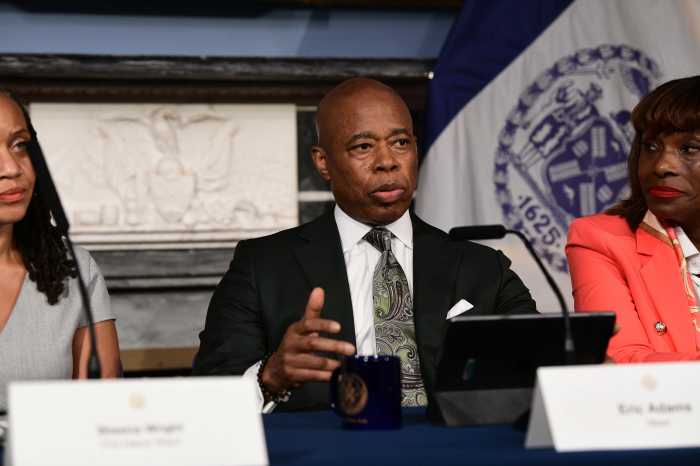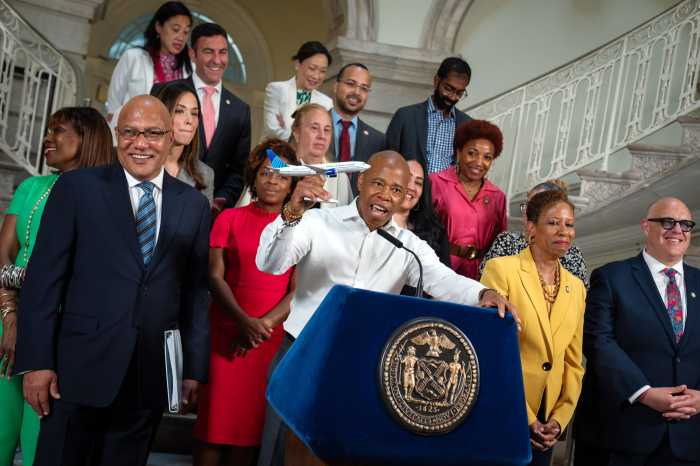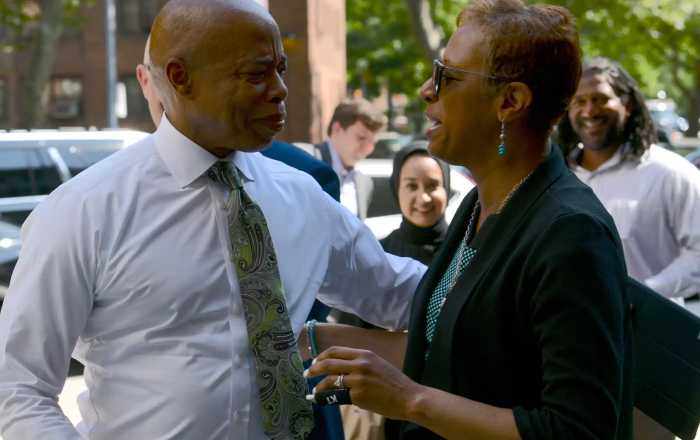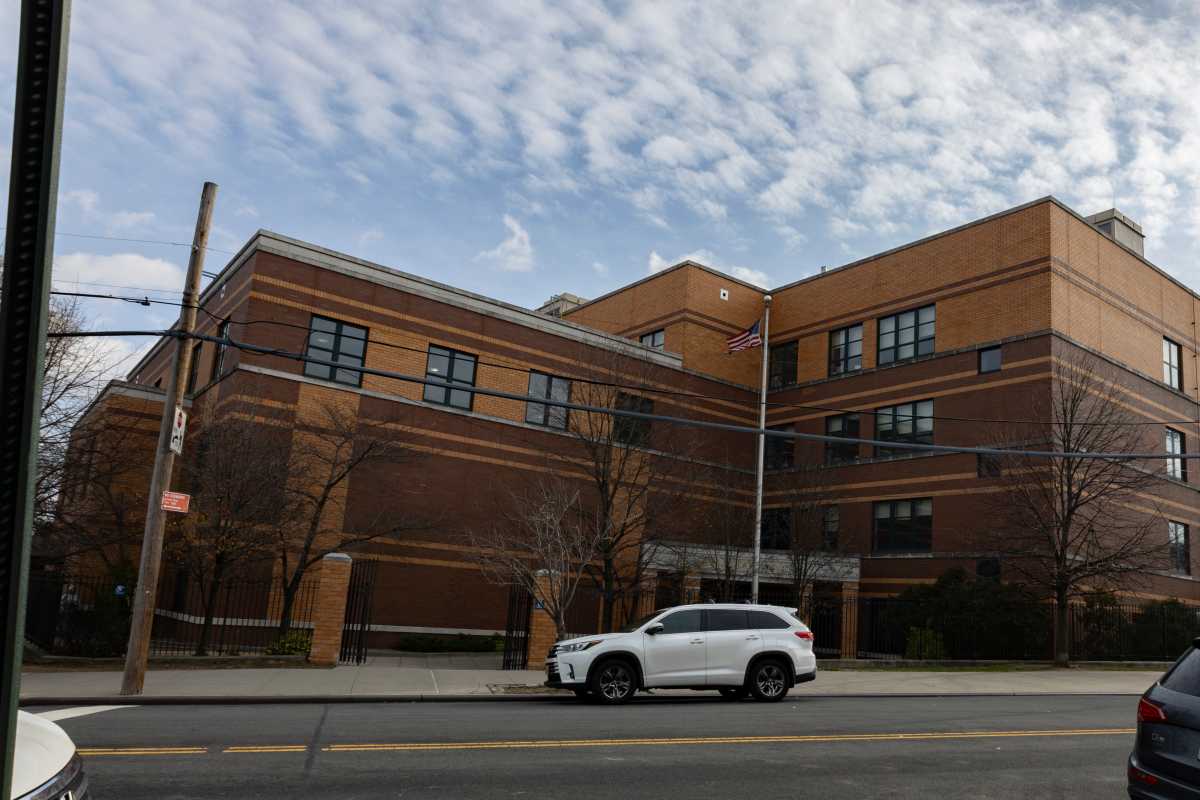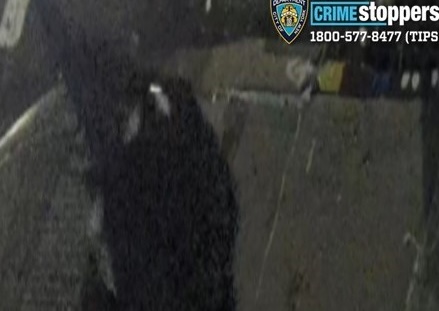A budget is not just a stack of papers filled with numbers. It decides who gets to eat., who has a place to sleep, who can access education, earn a living, or care for their health. This is what makes the New York City budget process so consequential. It is a public demonstration of our moral compass. And there’s no hiding in a budget.
That’s why we are calling on Mayor Adams to heed the call of New York City communities and the City Council by fully funding and baselining $100 million for the Community Food Connection program—right now. Anything less risks allowing the wealthiest city in the country to fall short of one of its most basic responsibilities: supporting the emergency food network and ensuring every New Yorker has access to food. Hunger in our city is too urgent, too widespread, and too morally obvious to be debated… again.
It’s the nature of New Yorkers to look out for each other, and Community Food Connection has been a lifeline that provides nutritious food to emergency food providers like soup kitchens and food pantries. Yet this program has been on the chopping block year after year, even as food insecurity now affects 1.4 million New Yorkers, including nearly one in four children.
Emergency food providers are seeing demand surge, with some neighborhood pantries forced to turn families away. What was once a temporary safety net has become a permanent fixture for working parents, older adults on fixed incomes, and neighbors juggling rising rents, stagnant wages, and the high cost of living. At the same time, federal instability and the sunsetting of COVID-era supports have led to a 20% drop in food volume available to providers.
Making things worse, federal funding pauses earlier this year left NYC-based providers owed more than $1 million for services already delivered. Hundreds of anti-hunger organizations across the city also lost support from FEMA and the USDA—a move that denied providers the resources needed to meet growing demand. Feeding America reports that 17% of New York City residents experienced food insecurity in 2023—the same year the COVID Public Health Emergency, and many supports that came with it, expired.
All of this would pale in comparison to the damage if Congress enacts proposed cuts to the Supplemental Nutrition Assistance Program (SNAP; formerly food stamps). These cuts would stifle New York State’s ability to support emergency food programs, while also driving even more New Yorkers into pantry lines due to shrinking household budgets.
Our city’s emergency food providers are being asked to serve more people with fewer resources. These pressures are not temporary—this could easily become a new, terrifying normal. New York City must meet the moment.
Let’s be clear: this is not about politics—it’s about priorities. Community Food Connection is not a nice-to-have; it is a proven, efficient bridge between food and the people who need it most—made possible by trusted organizations embedded in every neighborhood across the five boroughs.
These are the same organizations that made sure no one was forgotten during the pandemic, adapted to serve asylum seekers with grace and speed, and continue to stretch every dollar into meals, dignity, and stability for working New Yorkers—people doing everything right, yet still squeezed by a cost of living that has outpaced wages for years. These community-based emergency food providers are doing the hard, unglamorous work of keeping people nourished and living with dignity.
As the leaders of City Harvest, Food Bank For New York City, and United Way of New York City—organizations that work with over 1,000 emergency food providers citywide—we are not asking for a favor. We are calling for the most basic function of government: to protect and preserve the health and well-being of its people.
The New York City Council responded to anti-hunger advocates and called for a $100 million investment in Community Food Connection in their budget response. We urge the Mayor not only to match it, but to commit to this funding, so we never again find ourselves in this precarious position.
The current allocation is $55.6 million—$44.4 million short of what’s needed. For context, that’s less than 0.05% of the Mayor’s $115.1 billion executive budget for 2026. With this limited funding, more New Yorkers won’t have access to the most essential resource: food.
A city that fails to feed its people is not just in fiscal crisis—it is in moral jeopardy.
Let’s do better. Let’s lead with values. Let’s fund Community Food Connection—fully, now, and for good.



